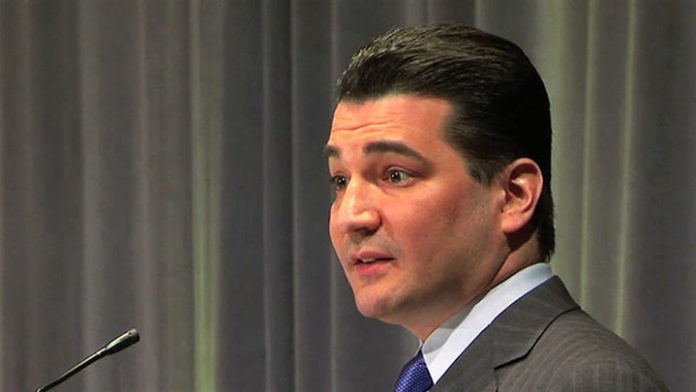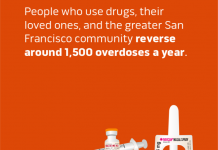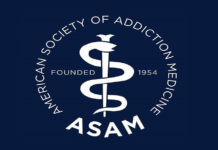During his confirmation hearing, Dr. Scott Gottlieb, a physician and the nominee for head of the Food and Drug Administration (FDA), warned senators about the ongoing threat of the opioid crisis and called it as serious as the Zika or Ebola virus.
Gottlieb answered questions posed to him by members of the Health, Education, Labor and Pensions (HELP) Committee during the hearing, on April 5. He told the HELP committee that in the past, the FDA may have failed to recognize the full scope of the opioid epidemic, leading to the exacerbation of the emerging issue.
According to Gottlieb, the FDA needs to work together with the rest of the government in order to develop a fresh strategy against the opioid crisis. As head of the FDA, Gottlieb pledged to make the epidemic his top priority, with an emphasis on both reconsidering the framework in place for the approval of opioid painkiller prescriptions as well improving the availability of non-addictive painkiller options. Gottlieb underscored that the FDA must serve as an “absolutely objective regulatory watchdog” and stated that the agency must only be “guided by the science that informs its work” rather than allowing its judgment to be influenced by personal agendas or partisan politics.
Gottlieb brings an abundance of experience to the table from both the public and private sectors. A cancer survivor, Gottlieb served in a high-ranking capacity at the FDA from 2005 to 2007, during the George W. Bush administration. Since then, he’s held several auspicious positions in the private sector, working for a number of medical companies and investment firms. During the hearing, multiple GOP senators expressed admiration for his experience and declared their confidence in his abilities.
Several Democratic senators were more skeptical about Gottlieb’s potential as head of the FDA. Two senators from states that have been hit particularly hard by the opioid epidemic – Sherrod Brown from Ohio and Edward J. Markey of Massachusetts – spoke out against Gottlieb’s nomination, arguing that his experience and previously published opinions reveal that he lacks the tools to combat the crisis.
Along with several other Democratic senators, they raised concerns regarding how Gottlieb’s connections to the pharmaceutical industry might affect his ability to face the addiction crisis head-on. But Gottlieb assured the HELP committee that he would conduct his duties in an entirely objective fashion, and that he would recuse himself from decisions involving companies with which he had worked for his first year as head of the FDA.
Al Franken, the Democratic senator from Minnesota, questioned Gottlieb about the rising cost of naloxone — a potentially life-saving medication that can stave off the effects of an opioid overdose — but withdrew his question due to time constraints before Gottlieb could offer a complete answer. However, Gottlieb did pledge to take an “all of the above” approach to overcoming the… (continue reading)
















